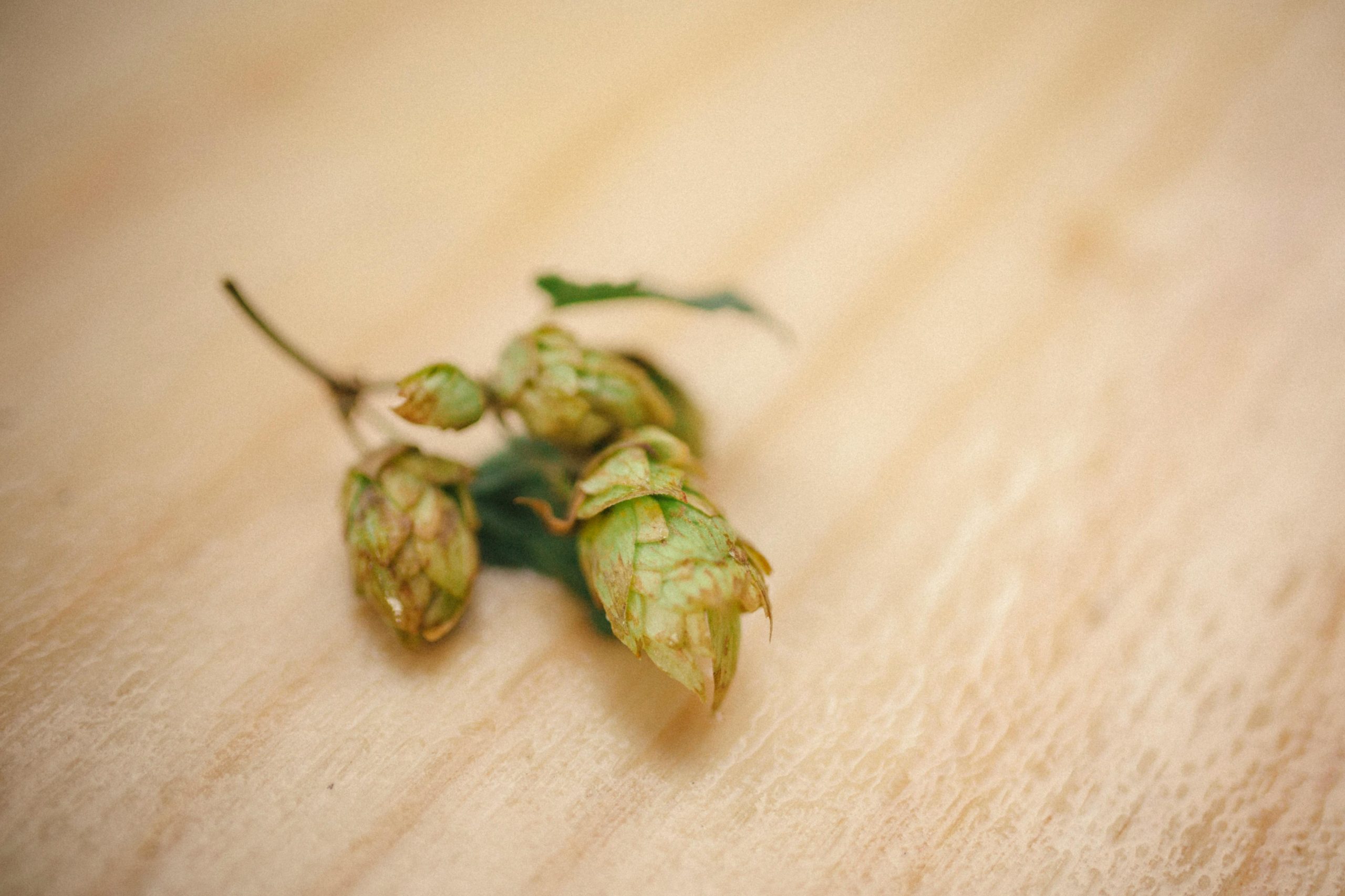Your cart is currently empty!

Steven Coulson
Steven has been drinking beers, wines and spirits for decades and has a propensity to go about them at length after a few drinks.
Latest Posts
- My wife found out our favorite Gin for martinis was discontinued. I think we are good for a while…

- Oregon Road Trip: Freeland Spirits Garden Botanicals Gin

- Botanist with Trader Joe’s Lemon and Elderflower Soda

- I’m one of the worlds leading buyers of craft gin in the world and a international spirit judge AMA

- I’m blown away…. By how let down I am by this Gin.

Categories
Tags
Social Links

Exploring the Psychedelic Potential of Hops: A Personal Journey
When it comes to beer, particularly IPAs, opinions can vary widely. I recently shared my thoughts on how certain IPAs, especially those with high International Bitterness Units (IBUs), deliver a unique experience that transcends mere taste. While some commenters echoed my sentiments, others attributed my enjoyment to higher alcohol content.
Intrigued by this debate, I decided to dive deeper into my own experiences with different types of IPAs. I discovered that “Cold” IPAs typically contain fewer hops yet maintain an alcohol by volume (ABV) similar to many West Coast IPAs. Conversely, Imperial IPAs often boast substantial ABV levels without the corresponding hop intensity that I crave. Ultimately, I find that a well-crafted West Coast IPA with a more moderate ABV hits the sweet spot for me.
What stands out most about hoppy beers is the distinctive sensation they provide—one that feels markedly different from a traditional alcohol buzz. Instead of the usual relaxation, I experience a cerebral uplift and renewed energy. This led me to ponder whether hops may possess psychoactive properties under certain conditions.
Could it be that the fermentation process enhances the bioavailability of hops’ compounds? Or perhaps the presence of alcohol facilitates the crossing of these compounds over the blood-brain barrier? While these are just speculative thoughts, the euphoria I experience is palpable, without any of the negative side effects typically associated with sensitivity—no itching or discomfort, just pure bliss.
This line of inquiry raises an interesting question about the persistent use of hops in brewing. Historically, beer wasn’t always created with hops, yet their introduction has led to a nearly universal consensus about their place in the brewing process. One has to wonder—what makes hops such a revered ingredient in beer across cultures?
In my pursuit of understanding, I hope to explore the depths of hops’ effects further and invite fellow enthusiasts to consider their own experiences. What do you think? Are hops truly psychoactive, or is it simply the interplay of flavors and alcohol at work? Let’s engage in this fascinating discussion about our beloved beverage and the magic that hops bring to it.
